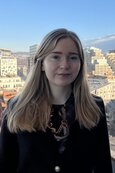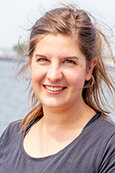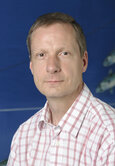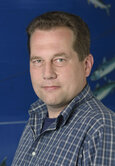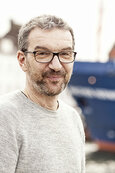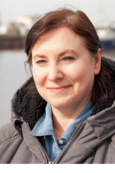Marine living resources
In the "Living Marine Resources" research unit we investigate the biological basis for successful fisheries management. When is a stock overfished? How much can be caught sustainably next year or in the long-term? What causes the decline of North Sea cod? These are just some of the questions we are working on in cooperation with our international network of partners. The basis for answering such questions is the data collection framework and model estimates on the state of fish stocks in the North Sea and the North-East Atlantic. Our aim is to provide high-quality scientific advice for the sustainable management of our marine resources using best available methods.
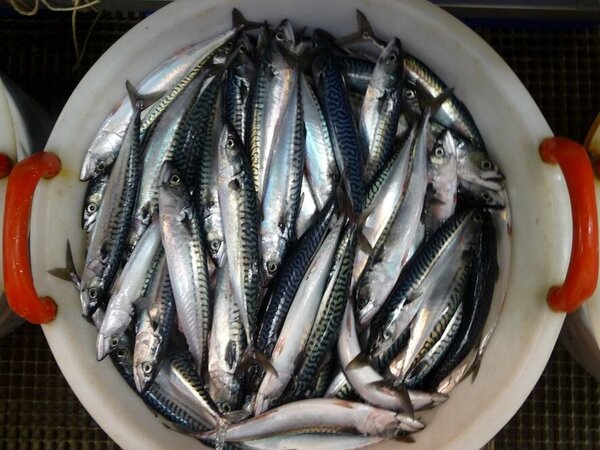
For European waters, the EU regulates how many fish of a population may be caught and how fisheries may affect the marine ecosystem as a whole. Fishing quotas and other management measures, such as protected areas, closed seasons or fishing gear specifications, are available as management tools. However, fish stocks and other marine organisms are not only influenced by fisheries. For example, predator-prey relationships can significantly alter the dynamics of stocks, and climate change is altering the productivity and spatial distribution of stocks. Our task is to quantify the various influences on stocks within an ecosystem approach and to determine opportunities and necessary adaptations for marine fisheries in the future. In the past, fish stocks were often viewed in isolation from their environment, however current knowledge has highlighted the ever-increasing importance of integrating climate effects and other environmental factors into stock assessment and simulation models.
In addition, in a more interdisciplinary cooperation with the research unit "Economic Analyses", we look at the effects of management strategies on the fisheries sector and its actors. The methodological refinement of data collection and modelling is essential to take into account the complex interrelationships in the socio-ecological system "Fisheries". In addition to mathematical simulation models, more and more methods from the research field of artificial intelligence are being used to exploit the diverse possibilities of new data sources and sensor technology, e.g. from fully documented fisheries, bio-economic monitoring, satellite monitoring or acoustic sensors.

![[Translate to English:] [Translate to English:]](/media/_processed_/7/1/csm_IMG_7977_large_1defaf5de1.jpg)



